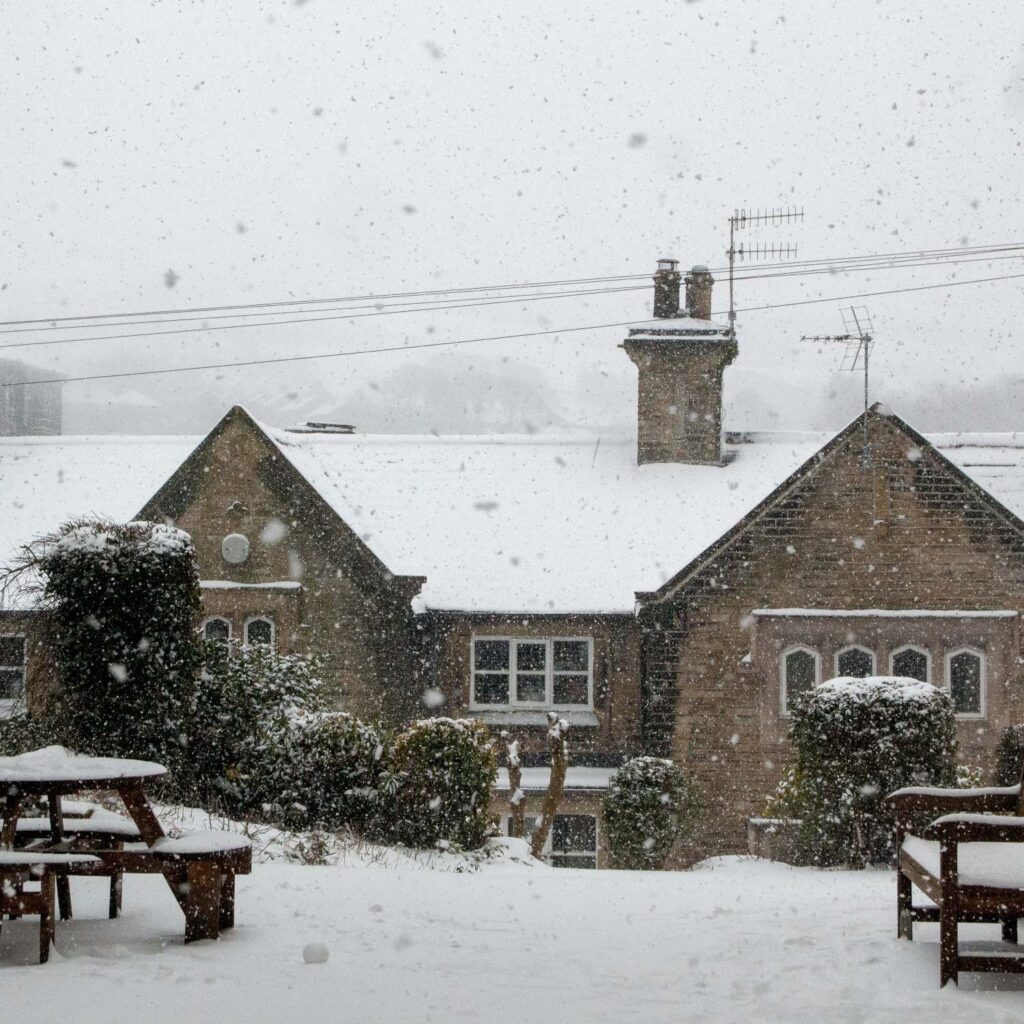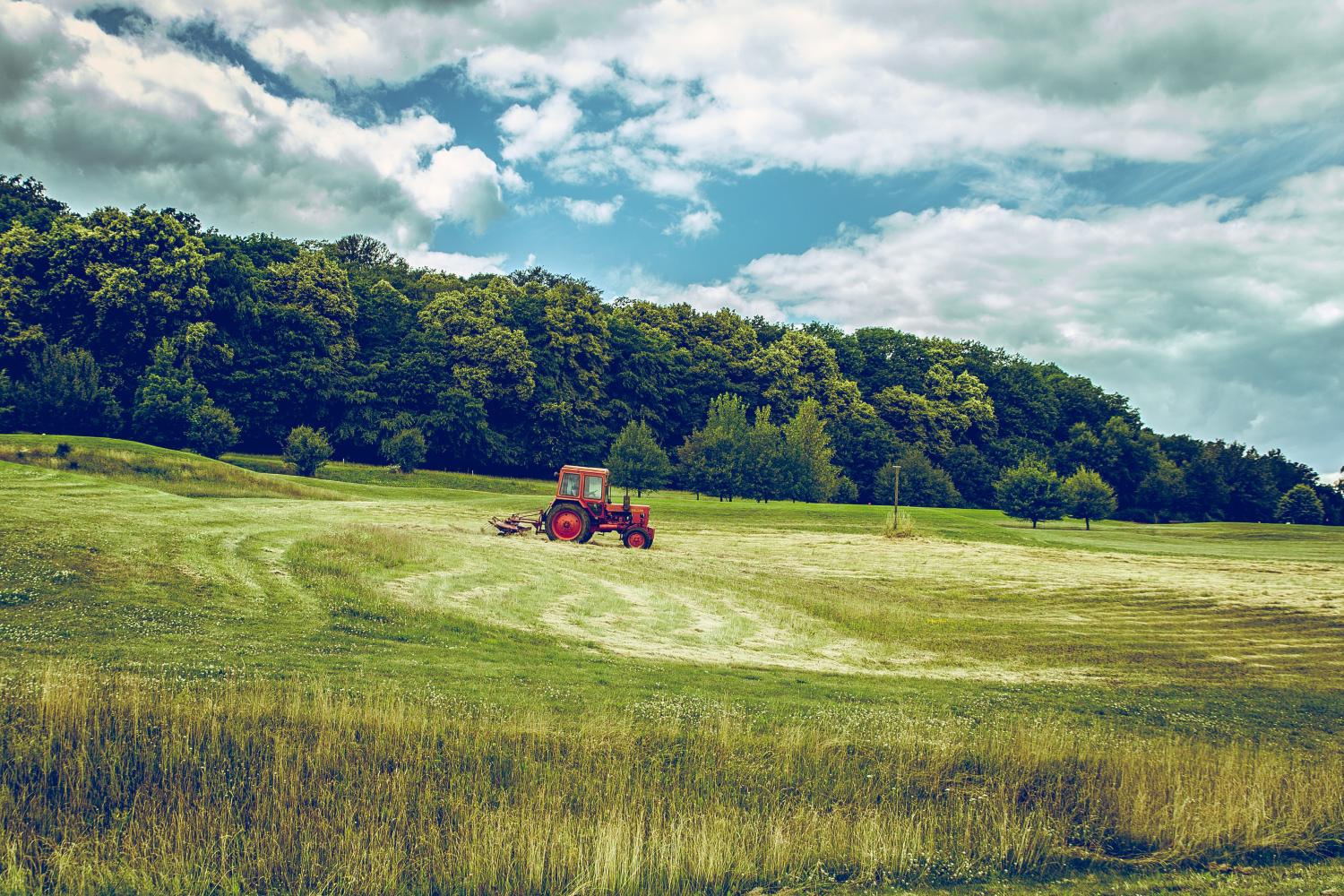5 Main Risks Affecting Clubs This Winter

Sports and Social Club Expert, Mark Dearden, lays out the five biggest risks faced by clubs this winter
Club Insure Schemes Manager Mark Dearden discusses the main risks affecting clubs at winter time.
Winter lockdowns are common for sports and social clubs – when sports is not being played and event are few and far between, clubs can go unattended for long periods of time. It’s essential during this period clubs know how to reduce risk of damage or theft.
Mark Dearden lists 5 main risks which clubs should be aware of this winter. These are risks Mark has seen first-hand in his 20 plus years’ experience managing and monitor club claims.
5 Risks Faced By Clubs At Winter:
1. Winter Weather
“We don’t know what winter is going to bring weather-wise. We’ve already had unexpected storms this year, and more are to come. At Club Insure we’ve had a number of large losses last year in areas that weren’t prone to extreme weather. Clubs which have never seen weather-related damages before are now having to make claims. All clubs need to be prepared for the winter weather.”

How to stay prepared for winter weather:
Keep an eye on the weather forecast
Tie down any equipment, no matter how heavy
Identify outdoor areas which could be affected by ice
Know who is responsible for gritting
Double check premises for leaks and fix where necessary
2. Burst Pipes
“Burst pipes in roof spaces and loft areas are of particular concern. This is caused by frost, and because the pipes are not lagged properly. Clubs need to make sure their pipes are lagged. A question I’d ask to every club – When did you last check that your pipes were lagged properly with modern materials? Materials are so cheap and can save a fortune in damages.”
Frozen pipes are a big risk in winter. Your insurance policy may require you to ensure pipes are lagged and that thermostatic switches are set to activate the heating system whenever the temperature at the coolest point of the building drops below a certain temperature (normally 4 degrees). In any case, you should make every effort to prevent your pipes from freezing!
Mark says – “If shower systems are not being used, such as in changing rooms or bathrooms, drain the system. It’s easy to do. This also applies to water tanks, perhaps in the roof space.”

3. Roof Inspections
“When did you last inspect your roof? Make sure there are no gaps and that the roof is sound and secure. The weather is major risk for clubs that aren’t occupied 24 hours a day.
Roof inspections are the best way to maintain the health of your roof. All rooves suffer deterioration over time and it’s easy to spot signs of damage. Some companies provide roof inspections for free.
Inspections of all rooves on all your buildings on your premise need to be done once a year. Spotting the early warning signs can save clubs a lot in damage costs and avoiding a claim.

4. Battery Charging
Mark describes a recent case study – “At Club Insure, we had a major loss which is still being investigated. It’s from a club which has suffered serious fire damages.
The club was of modern construction, full EICR (electrical installation condition report) in place and satisfactory, no past issues. And yet a calamity happened.
The source of the fire has not been confirmed, however it appears the club was charging lithium batteries overnight. These batteries are not big, they would be for portable floodlights. Similar lithium batteries are used in power tools, phone chargers, machinery, bowling machines.
We are now asking clubs to check on where they keep lithium batteries and machinery. The advice is to store batteries away from the main premises. As things stand, the batteries are very volatile, and if they do burn, you can’t put them out. We recommend storing the batteries in a metal container away from the premises.
A lot of rugby clubs have portable floodlights, cricket clubs have bowling machines, tennis clubs have service machines. These machines left overnight to charge could cause a significant fire. Even if the club is attended overnight, this type of fire cannot be put out without professional help, i.e. by the Fire Brigade. The club house was absolutely destroyed and there is an ongoing investigation.”

5. Theft of ground machinery
“This happens on a regular basis in winter. Ensure ground machinery is properly secured. And if it’s not being used, store it away from the club premises if possible. Be vigilant and be aware of who is knocking around, they could perhaps be targeting your club.”
Mark gives us a final message – “Expect the unexpected. If you think it’ll never happen to you or your club, it probably will. And fail to prepare, prepare to fail.”






